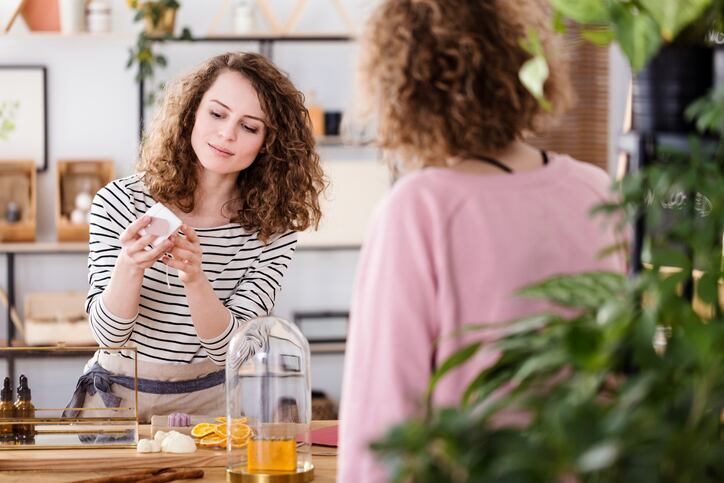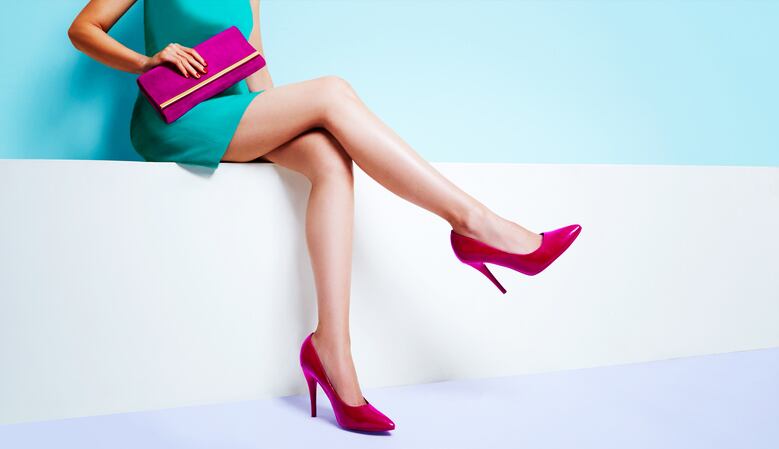Founded in 2014, Beauty Kitchen launched with a goal of developing a sustainable yet scalable business. Now in its fifth year and present online and in the UK, Netherlands, Belgium, Sweden, Ireland and Saudi Arabia, the husband-and-wife brand has secured profits each year and reinvested almost all back into sustainability research and development.
Speaking to CosmeticsDesign-Europe, co-founder Jo Chidley said Beauty Kitchen wanted to get consumers “back in touch with ingredients” but also “take them on a sustainable journey”.
Beyond ‘a time of plenty’…
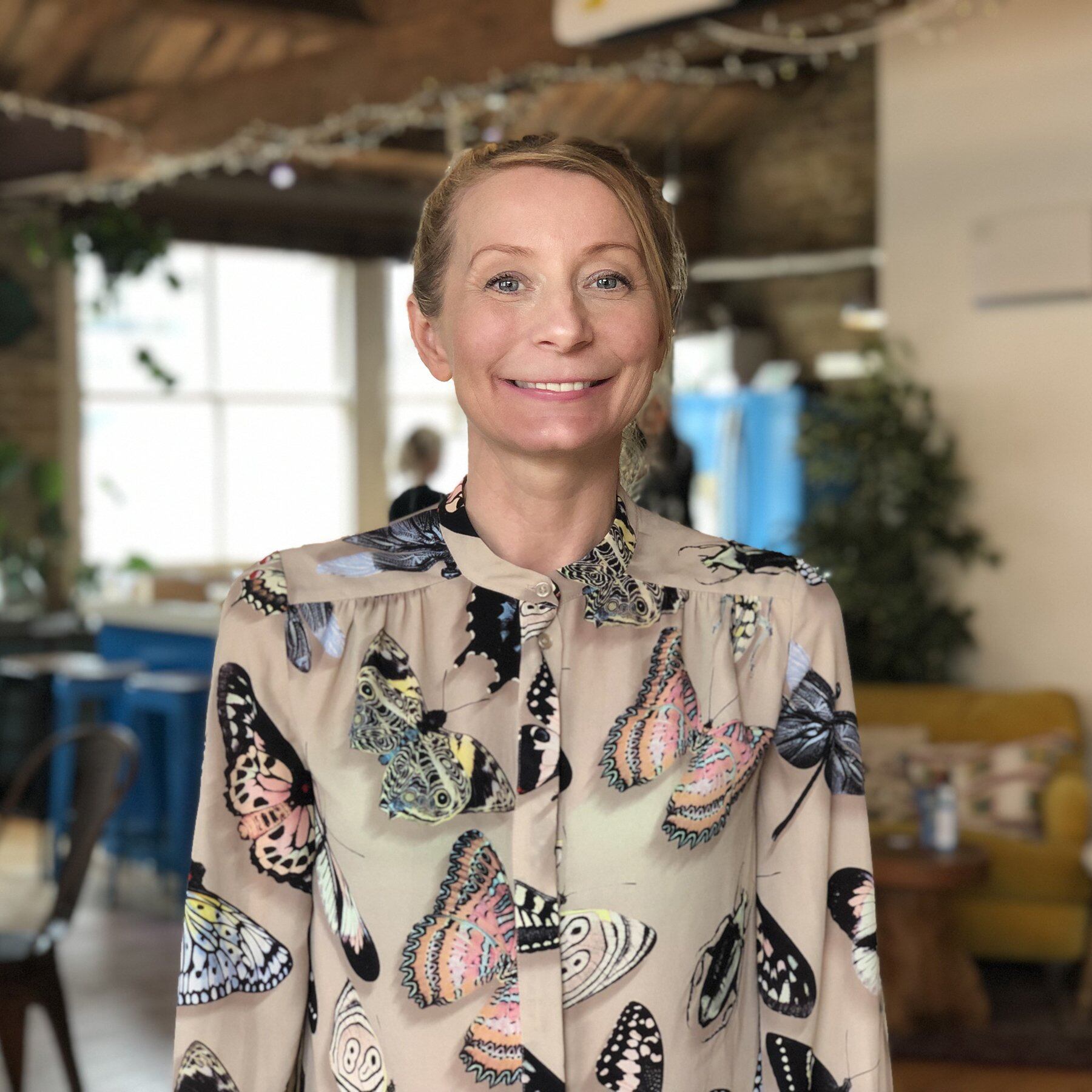
“I was pretty fortunate to grow up in a time of plenty,” Chidley said. “But I think you kind of take that for granted and it’s only when resources start to fail or plummet that people start to scramble around, and that was really the starting point for Beauty Kitchen.”
Certified and manufactured under Cradle to Cradle (C2C) and B-Corporation (B-Corp) standards – ensuring safer, more sustainable products while balancing purpose and profit – Beauty Kitchen products were made using natural ingredients and packaged sustainably. The brand also carried cruelty-free and vegan certifications.
As a smaller, start-up Indie Brand, Chidley said the goal was to continue growing but also leverage success and share insight in an open-source way with larger corporate organisations; the likes of Unilever and L’Oreal.
“We want to share our experiences with these larger organisations because they’re the ones that can really make a change.”
“…If people want to go down the route of patenting everything and protecting everything, then everything will be a secret. The time for secrecy is over; people have to be more open-source. I’m not saying you have to give away absolutely all of your trade secrets, but you can share, in particular, your mistakes and learnings to help nudge that dial forward. Then, there is plenty of opportunity for every business within this massive industry we have.”
Return. Refill. Repeat.
Asked what type of insight the company typically shared with larger firms, Chidley said it mainly centred around Beauty Kitchen’s pioneering ‘Return. Refill. Repeat’ programme, launched earlier this year in Holland & Barrett. The RRR scheme meant consumers could return empty containers at points of purchase that were then sent to be washed, refilled and returned for a next purchase. Beauty Kitchen’s blue glass bottles could be re-used up to 100 times and its aluminium bottles around 30 times. The eventual goal was to communicate these numbers on-pack to the consumer.
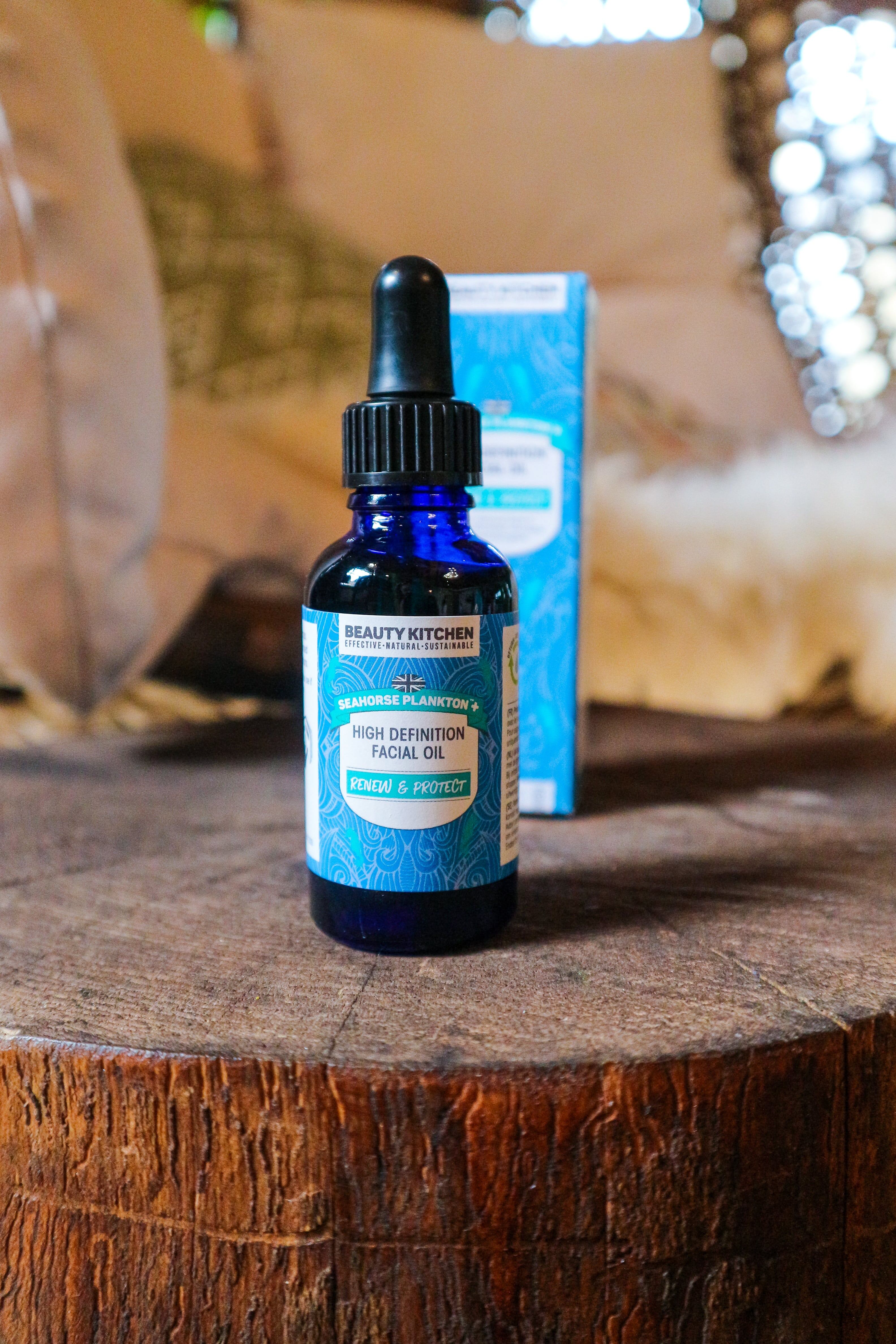
Chidley said Beauty Kitchen had partnered with Italian washing and disinfection specialist Smeg to ensure standards were high and complied with regulations and continue innovation in the programme. Ongoing tests, for example, indicated the brand’s rock paper labels - made largely from mining waste – could potentially be washed up to ten times.
Importantly, she said the process didn’t use detergent – just heat and water – and both partners were now looking at how to reuse this water in some way within Beauty Kitchen’s supply chain, as well as any beauty product residues. This would hopefully be achieved by January 2020.
“That’s the C2C principle – waste isn’t waste, it’s just something we’ve not actually found a use for,” she said.
The company would also continue to look out for alternative packaging materials and was currently considering a shift to thicker aluminium bottles, for example, to drive up re-usability rates of this format.
“What’s great is we’re working with a partner that buys into this sustainability and says, ‘let’s see if we can push this further’. Somebody like Smeg knows Beauty Kitchen is not their main business, but if they can attract a big client like Unilever or P&G, well.”
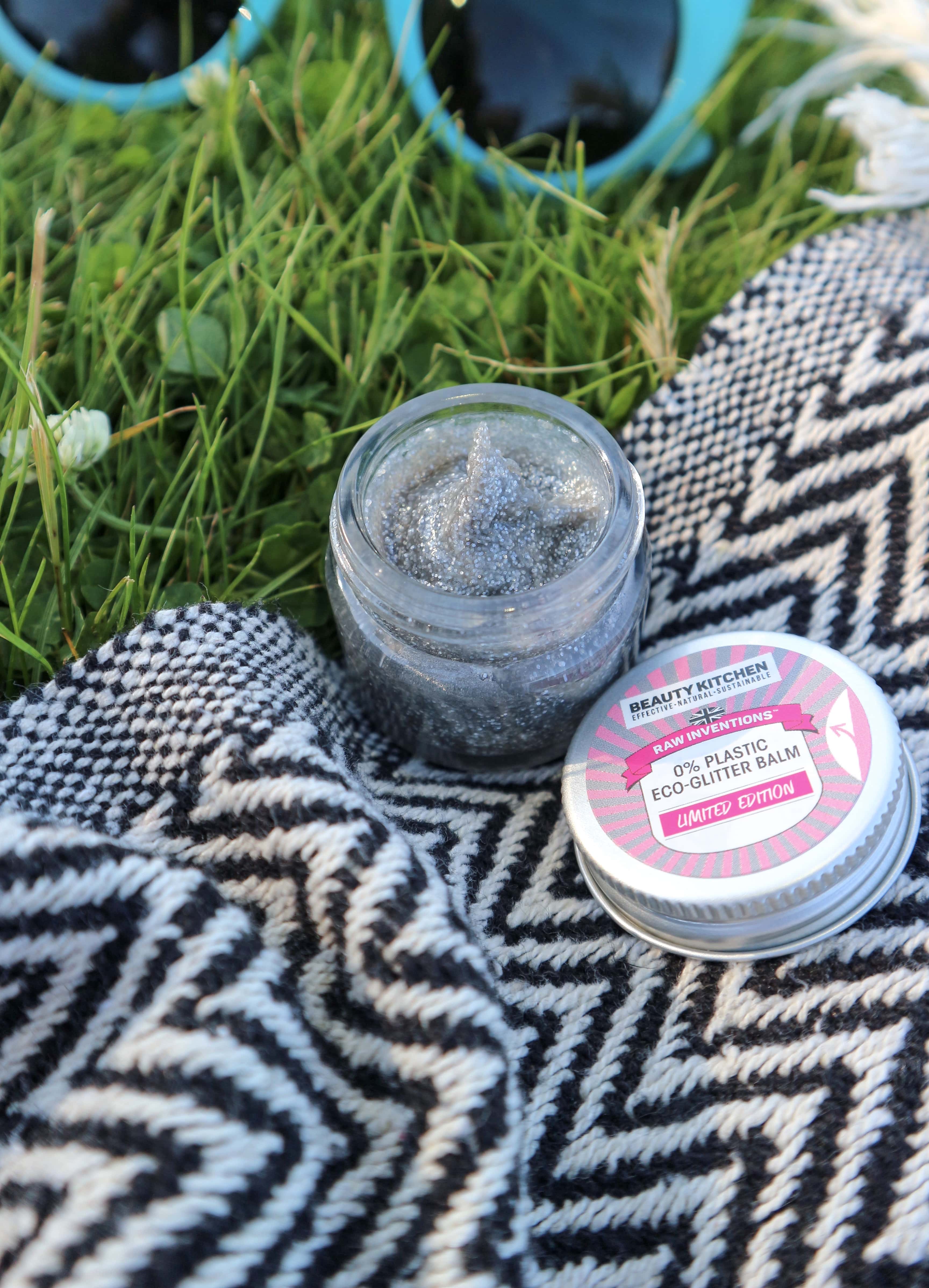
‘I want to be the next Body Shop or Lush’
Chidley said eventually Beauty Kitchen hoped to be a sizeable market contender alongside these conglomerates. “I want to be the next Body Shop or Lush – they are heroes of mine – but it takes about 25 years to really get to that sort of mass size, irrespective of funding.”
The current focus, she said, was on expanding beyond its initial listing with Holland & Barret – it had launched into Boots, ASOS, LloydsPharmacy and Feelunique this year, for example.
Scaling up, however, would be done with sustainability front-of-mind – something that had “always been the challenge with circular economy”, she said.
“…B-Corp and C2C hold us up and demonstrates, even though we’re small, that scalable business can be very sustainable and still very profitable.”
Jo Chidley will be presenting at next month’s Packaging Innovations 2019 event in Olympia, London.

